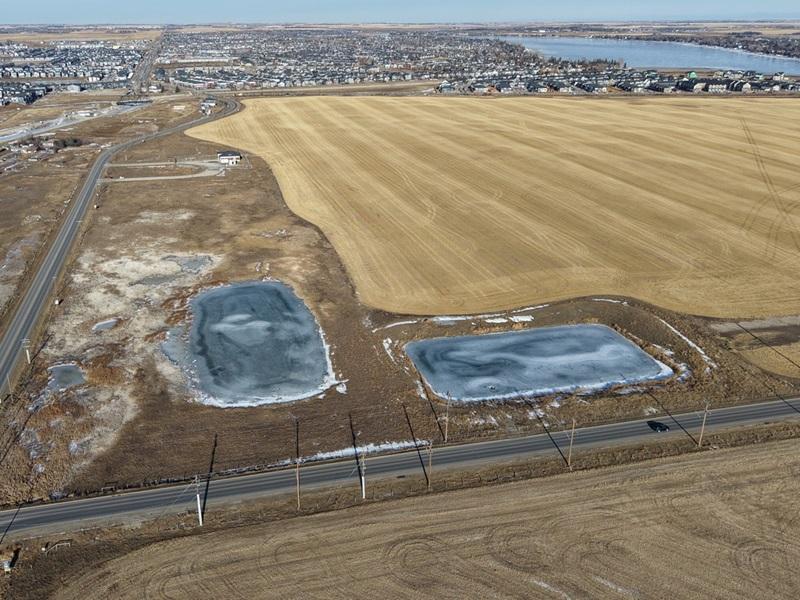 Residential Construction Council of Ontario (RESCON) has taken aim at the Toronto Green Standard (TGS), filing a legal application in the Ontario Superior Court of Justice that argues its performance measures should not be imposed on planning applications.
Residential Construction Council of Ontario (RESCON) has taken aim at the Toronto Green Standard (TGS), filing a legal application in the Ontario Superior Court of Justice that argues its performance measures should not be imposed on planning applications.
The association which represents low- to high-rise housing builders is seeking a mandatory order from the court to enforce the Ontario Building Code Act, alleging the City of Toronto exceeds its authority by applying the municipal-level TGS to construction methods and standards. It contends such matters are under the scope of the provincial Act.
“Cities cannot dictate to builders how to build buildings or what the materials they use,” RESCON’s president Richard Lyall told RENX Homes.
TGS, he said, oversteps provincial and federal standards, creates redundancy and is not aligned with other laws, burdening the industry with higher costs and longer development schedules. It contributes to the problem of inadequate housing supply in Toronto, leading to the city having some of the most expensive shelter costs in the world, he charged.
“What we’re saying is, either enforce the law or respect the law or change the damn law, but you don’t have the authority to do this, and what you’re doing is actually damaging supply.”
In a statement to RENX Homes, the City of Toronto said it will respond to RESCON’s application in due course.
TGS’s change over time
Enforced on new private and city-owned developments, TGS sets requirements across energy, greenhouse gas emissions, water consumption, ecology and waste. Now in its fourth version, the standard evolved from a voluntary initiative to being applied for all new planning applications with Version 3, which was released in 2018.
Since becoming mandatory, the construction industry has often scrambled to keep up with the quick pace of changes, Lyall said. Revised every four years, TGS is amended faster than the time needed to complete most housing projects, meaning a new benchmark is often instituted in the middle of the construction process.
Provincial construction standards also lag TGS because they are updated every five to seven years.
Additionally, TGS is subject to the whims of Toronto’s city council, which he said can make dramatic changes to its policies. The city governors are currently considering TGS Versions 5 and 6, which could require new private building development applications to be near-zero emissions by 2028.
By exceeding goals such as the federal net-zero 2050 target, TGS does not give the industry time to adjust, Paul De Berardis, vice-president of building standards and engineering at RESCON, said in an interview.
How TGS can affecting housing construction
Adhering to TGS means longer project schedules and hiring consultants early in construction for the myriad of building elements, De Berardis said, racking up the fees. “That’s not really what site plan approval is for.”
Version 4 has added an additional five per cent to the price of construction compared to a project which follows only the provincial code, he said.
The effect of TGS is compounded by other factors such as a 21 per cent development charge increase, Lyall explained, contributing to the elevated cost of building housing in the Toronto area.
Toronto is not struggling with a lack of sustainable housing, rather it has a housing supply and affordability crisis that will be amplified by a slowing industry and declining housing starts, he said.
Lyall said he does not call for Toronto to reject climate leadership and actions, but said shelter is a fundamental need and supply is being stifled by the TGS.
The province’s building code is escalating the green standards with every iteration, crafted in a “quite disciplined process.” So, he asks, “Why do we need municipalities saying, ‘Oh, we’re going to go way ahead of that?’ ”
In an email to RENX Homes, Canada Green Building Council president and CEO Thomas Mueller said the Toronto Green Standard does play a role in promoting more sustainable buildings.
"As building codes take a long time to raise the minimum for all buildings, green standards, if harmonized, can be more agile and impactful," Mueller wrote. "They are also verified to provide better outcomes for tenants and owners.
"There are many ways to support the Ontario building sector’s ability to deliver fast, high-performing and quality housing."










